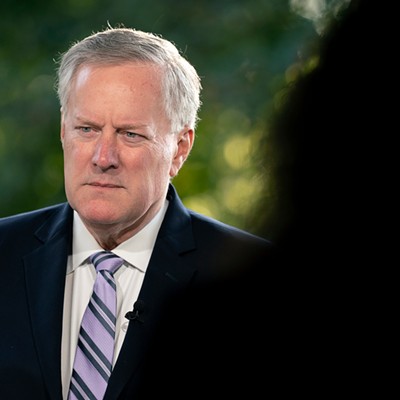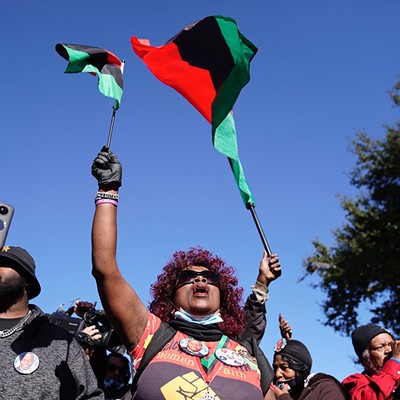
By Liam Stack
New York Times News Service
Facebook said on Wednesday that it would ban white nationalist content from its platforms, a significant policy change that bows to long-standing demands from civil rights groups who said the tech giant was failing to confront the powerful reach of white extremism on social media.
The threat posed by white nationalism on Facebook was violently underlined this month when a racist gunman killed 50 people at two mosques in New Zealand, using the platform to post live video of the attack. Facebook removed the video and the gunman’s account on Facebook and Instagram, but the footage was widely shared on YouTube, Twitter and Reddit.
The company had previously banned white supremacist content from its platforms but maintained a murky distinction among white supremacy, white nationalism and white separatism. On Wednesday, it said that its views had been changed by civil society groups and experts in race relations and that it now believed “white nationalism and separatism cannot be meaningfully separated from white supremacy and organized hate groups.”
As part of its policy change, Facebook said it would divert users who searched for white supremacist content to Life After Hate, a nonprofit that helps people leave hate groups, and would improve its ability to use artificial intelligence and machine learning to combat white nationalism.
The company said its decision takes effect next week.
“We didn’t originally apply the same rationale to expressions of white nationalism and separatism because we were thinking about broader concepts of nationalism and separatism — things like American pride and Basque separatism, which are an important part of people’s identity,” the company said in a statement.
Facebook’s decision was praised by civil rights groups and experts in extremism, many of whom had strongly disapproved of the company’s previous understanding of white nationalism.
Mark Pitcavage, who tracks domestic extremism for the Anti-Defamation League, said the term white nationalism “had always been used as a euphemism for white supremacy, and today it is still used as a euphemism for white supremacy.” He called the two terms “identically extreme.”
And he said comparisons between white nationalism and American patriotism or ethnic pride were misplaced.
“Whiteness is not an ethnicity, it is a skin color,” Pitcavage said. “And America is a multicultural society. White nationalism is simply a form of white supremacy. It is an ideology centered on hate.”















